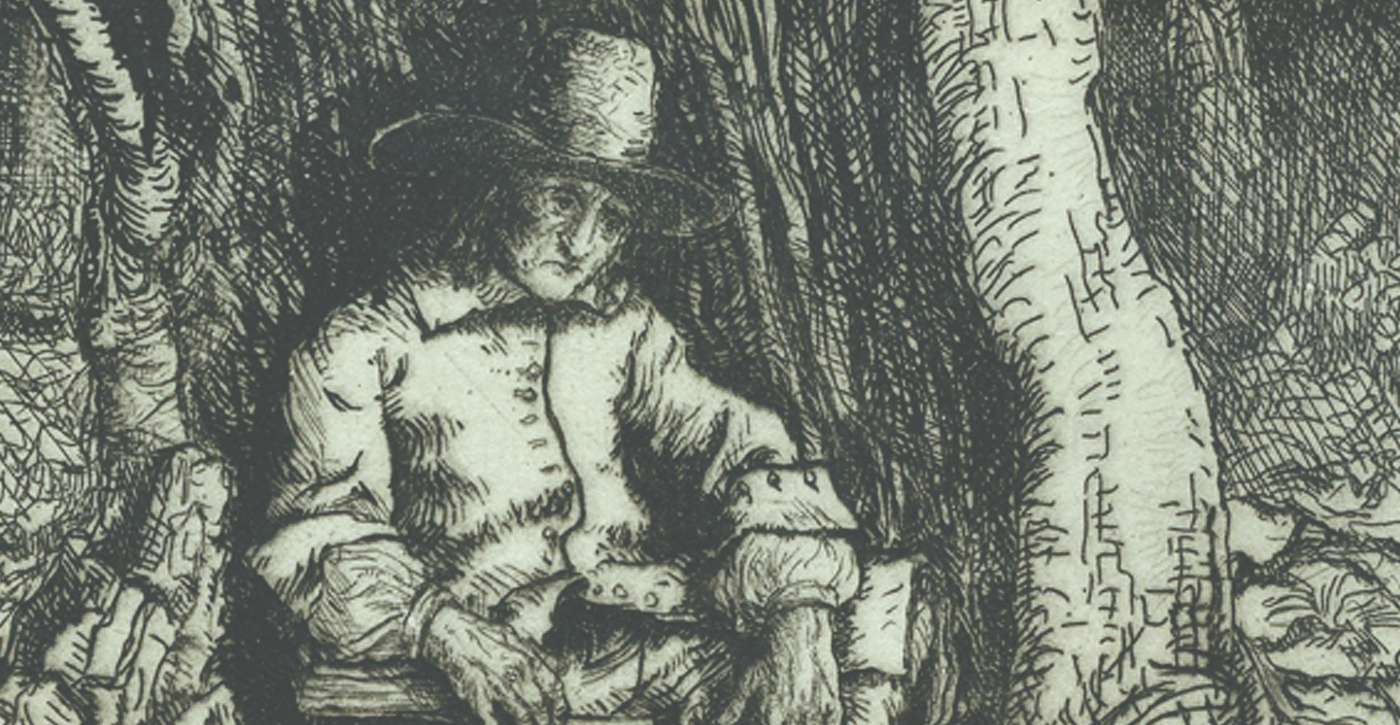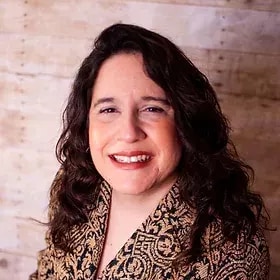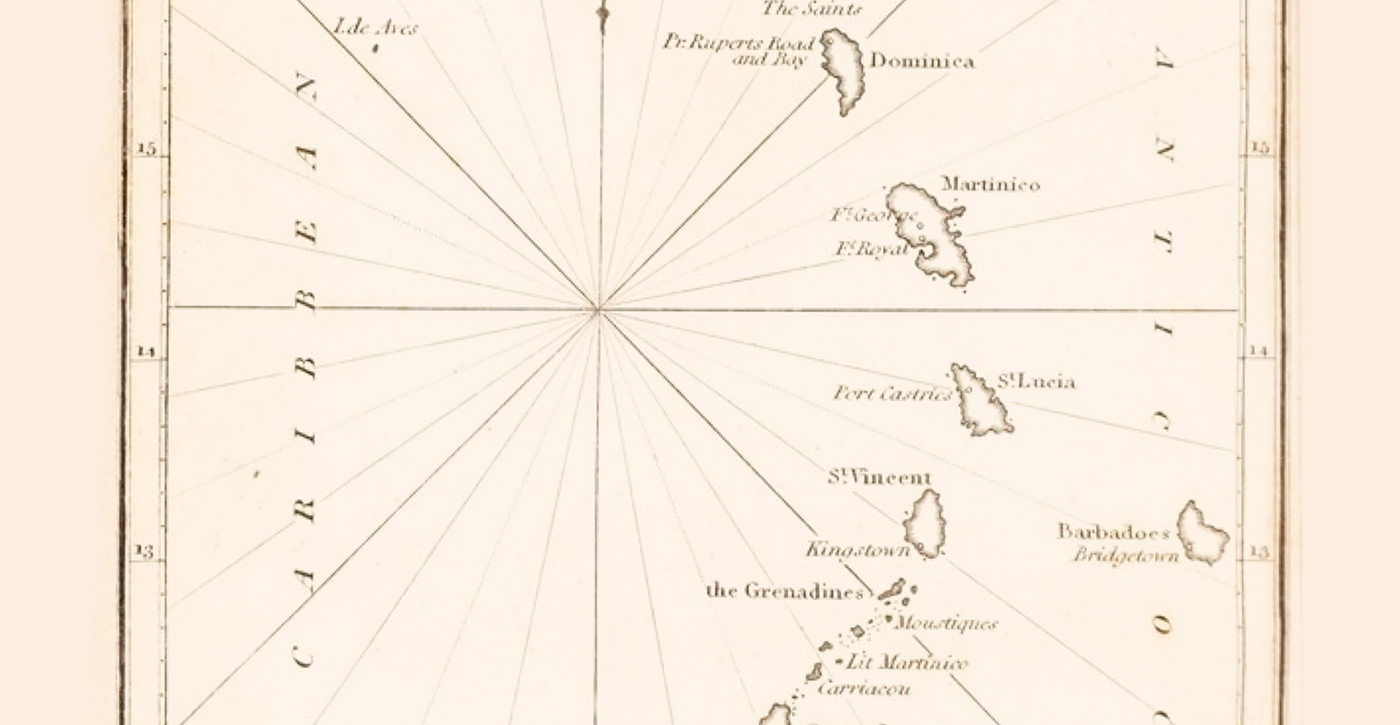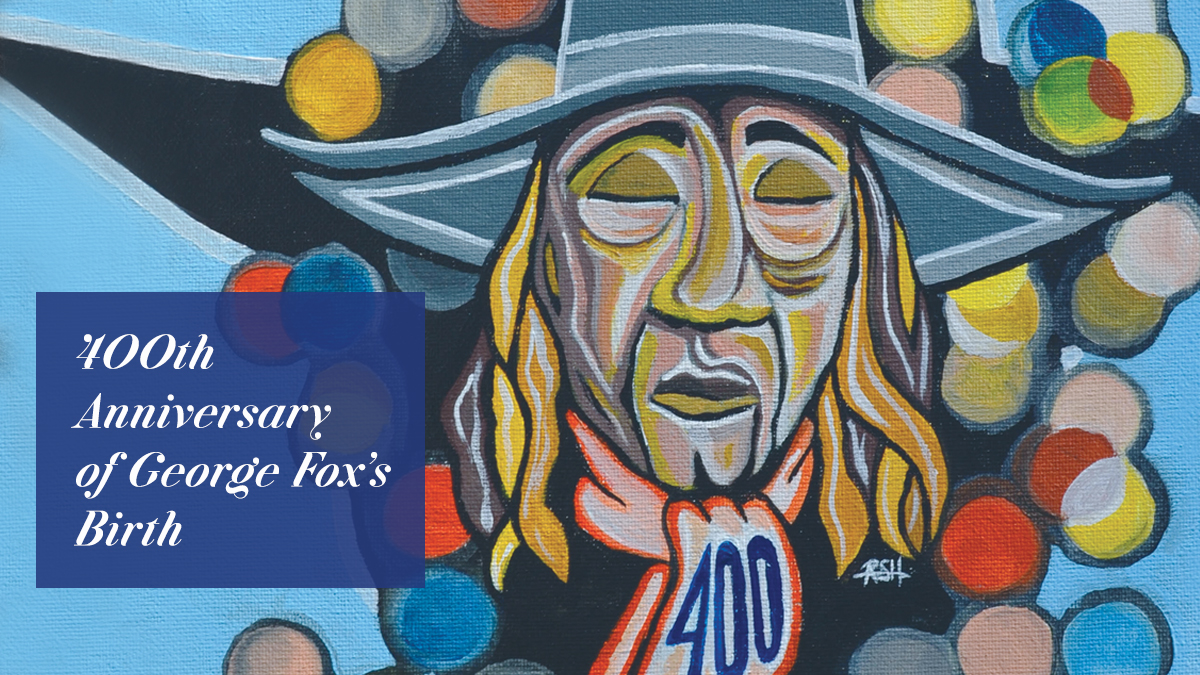Reflections from Friends Around the World
As the four-hundredth anniversary of George Fox’s birth approaches, Friends around the world are reflecting on how Fox has inspired them and are preparing to honor Quakerism’s seventeenth-century British founder. To observe the birth anniversary, many Quakers are planning to educate contemporary worshipers about Fox’s life and work. Some Friends intend to continue evangelizing, as his example has motivated them to do. Not every worship group intends to commemorate Fox’s birth, however.
Fox was born in July 1624 (the exact day is unknown) near Leicester, England, and lived until 1691. He rejected ritualized, hierarchical Christianity, as espoused by the Church of England. He read the Bible extensively but believed the indwelling Light of Christ was just as important as Scripture. In 1650, Fox went to prison for blasphemy. He married Quaker widow Margaret Fell in 1669. He traveled widely to preach Quakerism to residents of Europe, North America, and the West Indies.
In preparation for the four-hundredth anniversary of Fox’s birth, Friends International Bilingual Center (FIBC) in Bolivia partnered with a local Friends church to offer a course for teenagers on Fox, early Quakers, and Friends testimonies, according to Emma Condori Mamani, director of FIBC. The course began in March and will run through November 2024.
A group of young adult Bolivian First-day school teachers were trained, and instructor guides and student books were provided, according to Condori Mamani, who facilitated the training for teachers. She says she always welcomes the opportunity to teach about Fox and has previously taught children about him using Faith & Play materials. The little ones called him by the affectionate Spanish diminutive “Georgito.”
“It’s very important to see George Fox as an elder in our faith community,” said Condori Mamani.
The Luxembourg Worship Group, in the small country of Luxembourg, has ten worshipers, many of whom are new to Quakerism and not familiar with Fox’s life and work, according to member Caroll Ewen Gindt. Worship group members plan to mark the anniversary of Fox’s birth by holding a programmed meeting in which Friends will read and discuss personally meaningful excerpts of his writing.
Ewen Gindt often reads the excerpt that introduced her to Fox and the idea of the Light in every person. It is Fox’s fervor that stands out for Ewen Gindt: “You will not find anyone who speaks with such passion as he does.”
As the 400th anniversary of George Fox’s birthday approaches, Friends around the world are reflecting on how Fox has inspired them.
Not only are Quakers across the globe celebrating the anniversary of Fox’s birth, they are also reflecting on how contemporary Friends can view him as an example. Nizigiyimana Louis Pasteur, pastor and legal representative of Burundi Evangelical Friends Church in East Africa, offered the following:
We need to look, if we are also committed as Fox, to take good news to different places as Geoge Fox did by traveling in the whole country of England, America, and elsewhere. As Evangelical Friends, we should rethink how we are reaching the unreached people with good news, the mission work. Where are we with church planting?
In Bolivia, there are many social crises, and Fox’s life can be a pattern for Quakers building peace in their communities, according to Condori Mamani. Fox was rather a “troublemaker” who sought to bring about peace among people and within their hearts, Condori Mamani observed.
Other Quakers similarly see Fox as an exemplar of active peacemaking. Charles David Tauber took several courses on Fox offered by Multnomah Meeting in Portland, Oregon, where he became a member in 1971 because of his antiwar convictions.
Tauber is currently a member of Netherlands Yearly Meeting, which he joined when he moved from the United States to go to medical school in the Netherlands. Later, in 1995, he moved to Croatia, where he now resides and where he founded the Coalition for Work with Psychotrauma and Peace (CWWPP). Through this volunteer-run organization, he works to address the mental health concerns of refugees and asylum seekers who were traumatized by the war in the former Yugoslavia, many of whom fled to the Netherlands. According to Tauber, even 30 years after the end of the war, trauma is passed down from generation to generation.
Over the years, staff members of non-governmental organizations that serve refugees have requested the help of Tauber and CWWPP deputy head Sandra Marić to assist with burnout. Tauber taught burnout prevention techniques and listened to workers in NGOs. He currently shares knowledge and skills online with NGOs and individuals. Key techniques include talking about feelings with empathetic listeners and journaling about emotions. In some groups, Tauber says little because participants have so much they need to express.
“People feel stopped up; people feel imprisoned,” Tauber said. He credits George Fox’s writings with motivating him to treat people who have been traumatized by war.
In addition to pacifism, Fox urged Friends to avoid swearing oaths, even in court. Contemporary Friends who have read his writings seek to tell the truth consistently so that oaths are unnecessary. Fox’s opposition to oaths has inspired Ewen Gindt to affirm instead of swear when she is asked to do so in her professional life.
Louis Pasteur appreciates how Fox conveyed the biblical message that one’s “yes” should mean yes, and one’s “no” should mean no. He noted that early Friends committed firmly to avoiding swearing oaths, even in court trials. Louis Pasteur observed that even non-Friends in Burundi consider Quakers genuine and honest, as evidenced by their trust in a brand of oatmeal that comes in containers that feature the likeness of a traditional Quaker, whom many think to be George Fox.
Not only can Quakers follow Fox’s moral example, Friends can also learn from his spiritual journey and personal struggles. Fox faced traumas such as family tragedy and war, which are common around the world and through the ages, Condori Mamani said. Fox taught early Quakers to fortify themselves by trusting God, praying, fasting, reading the Bible, and turning toward the Light.
“The Light of Christ helps to disappear the darkness,” Condori Mamani said.
Louis Pasteur considers Fox instructive for non-Quakers as well. Reading about the life of Fox is a way for anyone to learn about foundational Quaker beliefs: that each believer is a minister and that baptism is not a sacrament using water but rather a visitation of the Holy Spirit. Studying Fox can introduce non-Quakers to a faith without a creed whose adherents profess a peace testimony.
Not all Friends believe they should celebrate the anniversary of Fox’s birth. Members of the worship group that meets in Gent, Belgium, do not base their faith on historic Quaker individuals and are not planning to commemorate George Fox.
“We are not inspired by persons in history, but we are inspired by the way of approaching spirituality,” said worship group member Isfried Rodeyns.









Comments on Friendsjournal.org may be used in the Forum of the print magazine and may be edited for length and clarity.